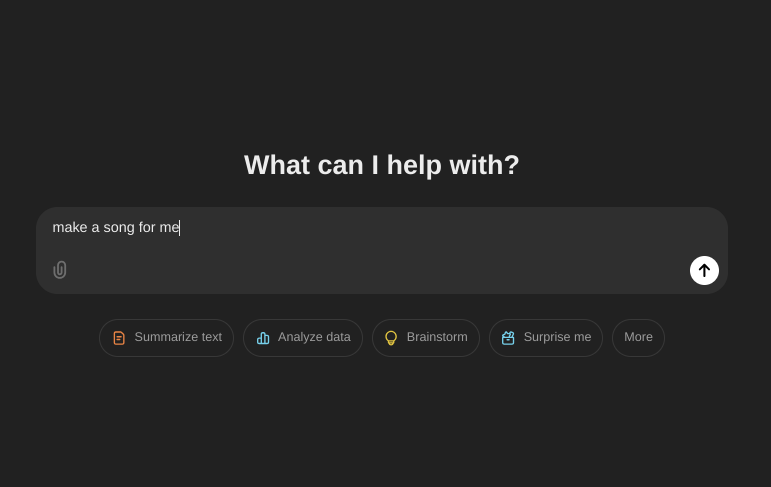Prior to today’s technology, creating music required significant time and effort. Musicians would need to source real instruments, record each sound individually, layer multiple tracks, and painstakingly mix and master the elements to craft the desired composition. This process was often time consuming. Today, however, advancements in Artificial Intelligence (AI) have revolutionized music production, drastically reducing the time and effort needed to produce music.
Although it seems now everything is turning to AI, the music industry has actually been using AI since the 1950s. The Illiac Suite, a piece composed in 1957 by Lejaren Hiller and Leonard Isaacon, is often cited as the first example of AI generated music. The Illiac Suite was created using an early computer called the ILLIAC I, and was based on a set of rules derived from traditional music theory.
As the use of technology grows, AI is becoming more impactful in the music industry. AI is making its way into the process of producing music by helping musicians to write, record, and mix music effectively. Even though AI sounds like a good idea, is it really helpful?
First, let’s look into how exactly AI shapes music. Musicians are using AI music generators, which are tools that use machine learning algorithms to analyze existing music and create new compositions based on that analysis. AI-powered songwriting tools such as Amper Music, a leading AI driven music platform, enable users to create and customize original music by leveraging over one million individual audio samples recorded by musicians on thousands of unique instruments. Amper Music takes acquisition from Shutterstock, a leading global technology company offering a creative platform for high quality content, tools, and services.
Another tool, AIVA, is an AI music generation assistant that allows artists to generate new songs in more than 250 different styles. These platforms, and those similar to them, can help musicians generate new melodies, chord progressions, and lyrics. AI-powered arrangement tools such as BandLab’s Band-in-a-Box and PreSonus’s Notion Mobile, a free composing app that enables anyone to create standard music notation, can help musicians create and refine the structure of their songs. AI can also help to correct vocal pitch and allow musicians to master their recordings quicker and cheaper.
Moreover, AI powered tools can help musicians promote their content. AI tools can automatically maximize promotional campaigns, allowing artists to reach more listeners. To do this, AI-driven algorithms analyze data to identify target audiences and create tailored content to them. These AI-driven music promotions can save an artist their time and resources, so they can focus more on their creative work.
At first glance, AI seems to help musicians efficiently create and promote their music. However, there are many cons to using AI powered tools.
Ever wonder why songs today sound so similar? It’s from the use of AI. AI-driven technologies can often lead to predictable music choices, which ultimately limits the diversity of music. In addition, AI is not capable of capturing the nuances of human creativity and emotion, which is something that drives people to listen to music. Yet, since AI is rising, it can potentially displace human artists and musicians who do capture the depth and emotion listeners want in a song.
AI-generated content also raises concerns about privacy and data protection. AI tools use data to create music and to reach out to fans. If this data is breached, it can hurt the musician’s process, and potentially manipulate listeners.
Furthermore, AI-driven promotional campaigns could have unintended consequences for labels and artists. AI algorithms depend on data inputs to drive their marketing content. If these data inputs are incorrect, AI oriented campaigns will not be effective.
Ultimately, while AI technology can help artists, it raises questions about how ethical its use is in music creation and production. Even though AI does present new opportunities for musicians, they must also be aware of the potential risks it comes with.


